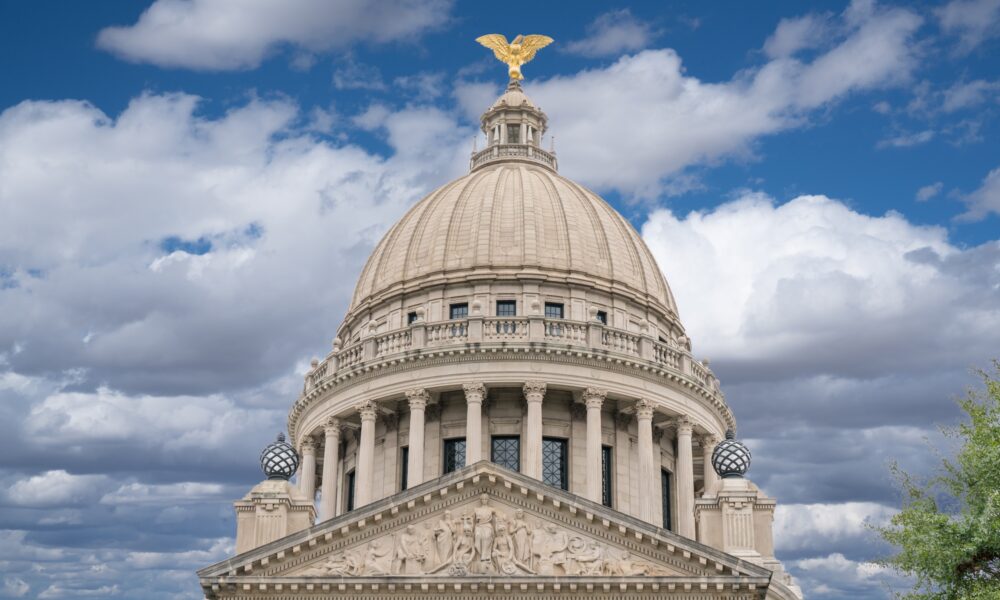Committee
Insurance; Accountability, Efficiency, Transparency
Author
Chris Johnson
Session
2024 Session
Latest Action
On April 9, the House tabled the motion to reconsider SB 2125. The bill now awaits the Governor’s signature.
Explanation of the Bill
The committee substitute for Senate Bill 2125 removes the language that would have made being a state employee a condition of eligibility for a Health Savings Account (HSA). It adds new language stating that the “State and School Employees Health Insurance Management Board shall allow state employees…to participate in a health savings account program.”
An individual’s ability to participate in an HSA program depends on whether they have a High Deductible Health Plan (HDHP), which is a federal requirement. They would not be able to participate in the program, regardless of whether they had permission from the State and School Employees Health Insurance Management Board, if they did not have a HDHP. Thus, it appears that the primary impact of SB 2125 would be to ensure the Management Board cannot prevent employees who are eligible for an HSA program from pursuing this option.
As introduced, the intention of Senate Bill 2125 appears to be to require the state to offer a Health Savings Account (HSA) to any state employee. An HSA is a type of account that allows users to set pre-tax dollars aside for qualified medical expenses. Under current law, an individual is generally eligible to open an HSA if they are covered by a High Deductible Health Plan (HDHP), as defined by the Internal Revenue Code.
However, as currently written, it appears that SB 2125 would make being a state employee a condition of being eligible for an HSA, rather than simply expanding eligibility to all state employees. This is clearly not the intention of the law. In order to fulfill its intended purpose, the language should be updated so that being a state employee is not a condition of eligibility, but rather that eligibility is extended to all state employees.
Even as it is intended, it is unclear what this law would accomplish. Guidelines that determine whether an individual can open an HSA are federally determined, so individuals with insurance plans outside of these guidelines would not be able to open an HSA regardless of whether they are a state employee.
SB 2125 also brings forward Section 25-15-5 of the law for possible amendment. This section covers the power and duties of the State and School Employees Health Insurance Management Board.
| Date | Details |
|---|---|
| 1/19/24 | On January 19, SB 2125 was referred to the House Insurance Committee and House Accountability, Efficiency, Transparency Committee. |
| 2/27/24 | On February 27, the Senate Insurance Committee passed a committee substitute for SB 2125. The committee substitute removes the language that would have made being a state employee a condition of eligibility for a Health Savings Account (HSA). It adds new language stating that the “State and School Employees Health Insurance Management Board shall allow state employees…to participate in a health savings account program.” As described in the original bill analysis, an individual’s ability to participate in an HSA program depends on whether they have a High Deductible Health Plan (HDHP), which is a federal requirement. They would not be able to participate in the program, regardless of whether they had permission from the State and School Employees Health Insurance Management Board, if they did not have a HDHP. Thus, it appears that the primary impact of SB 2125 would be to ensure the Management Board cannot prevent employees who are eligible for an HSA program from pursuing this option. |
| 2/28/24 | On February 28, the Senate Appropriations Committee passed the committee substitute for SB 2125. |
| 3/6/24 | On March 6, the Senate passed the committee substitute for SB 2125. The bill will now be transmitted to the House. |
| 3/27/24 | On March 27, the House Insurance Committee passed SB 2125. |
| 4/2/24 | On April 2, the House State Affairs Committee passed SB 2125. |
| 4/3/24 | On April 3, the House passed SB 2125. |
| 4/4/24 | On April 4, the House entered into a motion to reconsider SB 2125. |
| 4/9/24 | On April 9, the House tabled the motion to reconsider SB 2125. |

